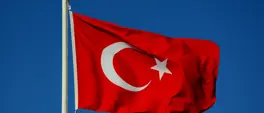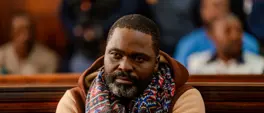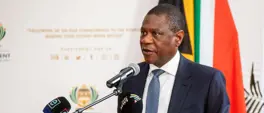Electoral Court says Khumalo's bid to be reinstated as MK leader frivolous, accuses him of perjury
Thabiso Goba
12 June 2024 | 14:00The Electoral Court made the ruling on Wednesday, rejecting Khumalo’s bid to be reinstated as leader of the MK party.
JOHANNESBURG - While dismissing his application over leadership of the uMkhonto weSizwe party, the Electoral Court has accused Jabulani Khumalo of perjury and slapped him with an unusual cost order against himself.
The court made the ruling on Wednesday, rejecting Khumalo’s bid to be reinstated as leader of the MK Party.
Khumalo earlier claimed in court that Dudu Zuma-Sambudla forged his signature to transfer the leadership of the party from him to her father, former President Jacob Zuma.
In his judgment, Electoral Court Judge Lebogang Modiba said Khumalo’s application was frivolous and wasted the time and resources of everyone involved.
JUST IN:
— EWN Reporter (@ewnreporter) June 12, 2024
The electoral court dismisses #JabulaniKhumalo's bid to be reinstated as the MK Party's president. @motso_modise pic.twitter.com/8pqVI42mQT
At the heart of this case, are two letters Khumalo signed and sent to the Electoral Commission of South Africa (IEC) on 9 April this year.
The first one was Khumalo informing the IEC through email that Jacob Zuma was the presidential candidate of the MK party and his face should appear on the ballot.
However, the IEC wrote back to Khumalo informing him that only the faces of registered party leaders appear on the ballot.
Khumalo wrote back to the IEC, saying he would fix this.
Later that day, Zuma-Sambudla, who is the party’s IEC liaison, sent a letter to the commission showing Khumalo had transferred his leadership status to Zuma.
Zuma-Sambudla and an eyewitness submitted affidavits to the court confirming they were present when Khumalo signed both letters.
The court found it implausible that Khumalo signed the first letter and not the second one when they both essentially communicated one thing.
Get the whole picture 💡
Take a look at the topic timeline for all related articles.
Trending News
More in Politics

20 December 2025 06:26
SADTU sounds alarm: Rising student violence driving teachers out of the profession
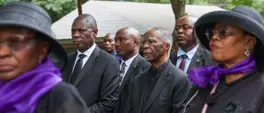
20 December 2025 06:07
‘South Africa is in serious problems’: Thabo Mbeki pays tribute to late advisor Titus Mafolo
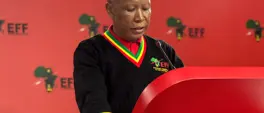
19 December 2025 15:16
EFF condemns US sanctions on ICC judges as a brazen attack on global justice
